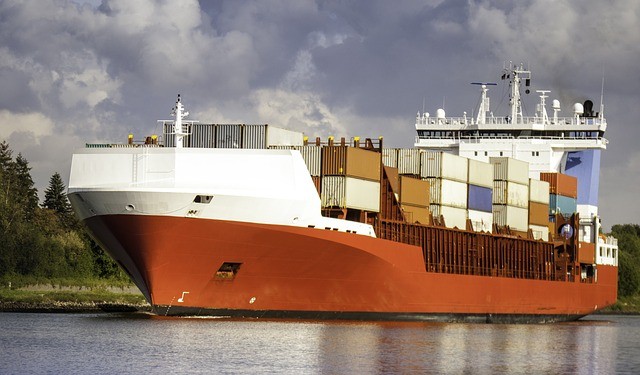Freight charges in Pakistan have witnessed a substantial 150% increase in the aftermath of the Red Sea trade crisis, presenting a significant challenge to the export of crucial commodities such as textiles, rice, fruits, and vegetables.
Chairman of the All Pakistan Shipping Association (APSA), Aasim A Siddiqui, disclosed that average freight charges per container have risen from $1,500 to $2,500 due to the maritime trade crisis on the East-West route, as reported by Express Tribune.
The crisis emerged following attacks by Houthi rebels in Yemen on cargo vessels in response to Israeli actions in Gaza.
Before the crisis, freight charges were approximately $1,000 per container. The longer travel routes via Africa adopted by vessels to bypass the Red Sea crisis have resulted in increased delivery times, a shortage of empty containers, and demurrages in various countries, including Pakistan.
Siddiqui clarified that the surge in freight charges is directly linked to tensions in the Red Sea, refuting claims by local businessmen and trade bodies that shipping companies were solely responsible for the significant hike in charges.
The extended travel time via Africa, taking three weeks compared to one week through the Red Sea has led to a shortage of containers, contributing to the rise in freight charges.
Freight charges have reportedly exceeded the export price of rice, putting Pakistan’s second-largest export at risk.
Similarly, the export of textiles, the single largest sector, and fruits and vegetables, including mandarin (kinnow), is also under threat.
The APSA chairman highlighted that all stakeholders, including seaports, terminal handlers, and shipping companies, are charging demurrage due to delays in containerized cargo clearance.
He noted that the rates vary among companies, creating healthy competition.
Siddiqui emphasized that companies charging unjustified fees would eventually lose clients.
Around 18 to 20 foreign shipping companies operate in Pakistan, facilitating trade cargo for local importers and exporters worth over $70 billion annually.
Siddiqui stressed the need for reforms in maritime trade policy to address challenges effectively.
He advocated for addressing issues in Afghan transit trade rather than suspending the entire trade to Kabul to control smuggling.
Siddiqui called for a crackdown on illegal activities while stating that shipping companies associated with Afghan trade operate in compliance with the law.
Despite recent amendments to the maritime trade policy, Siddiqui highlighted that the APSA was not consulted.
He appealed to the government to release the 10,000 containers stuck at the port due to issues pending since the Covid-19 pandemic, causing financial losses.
Additionally, 1,000 containers in suspended Afghan transit trade are adding to the challenges faced by the industry.





Upon discovering a reputable company on the Solar Power System website, I opted for solar panel installation. The process was smooth, and I’m delighted with the results. It feels great to generate renewable energy and contribute to a sustainable future.